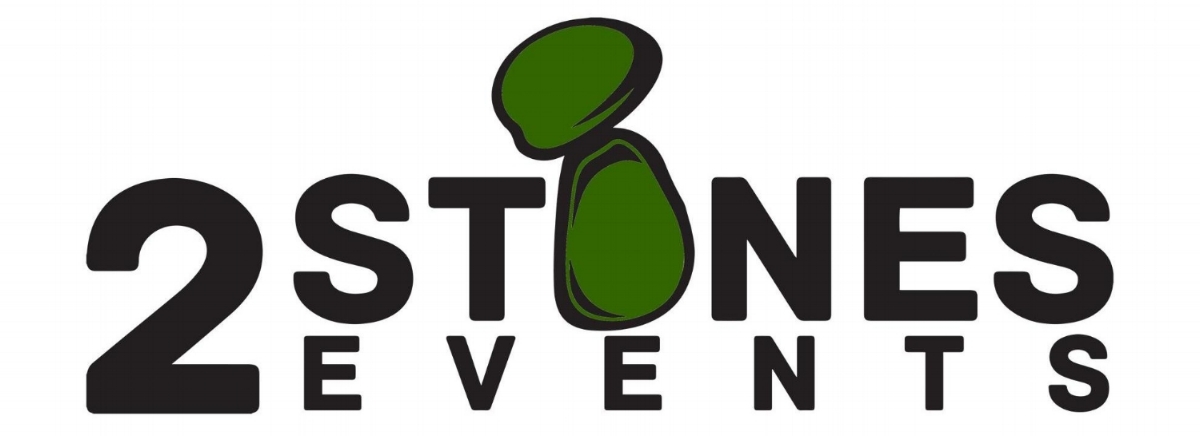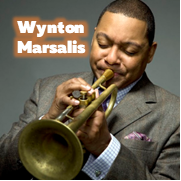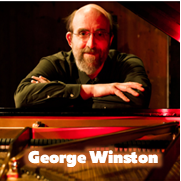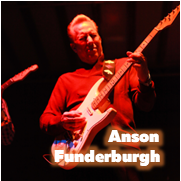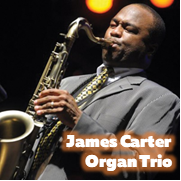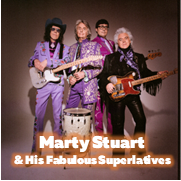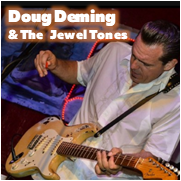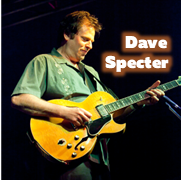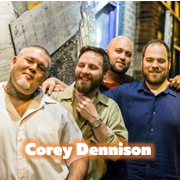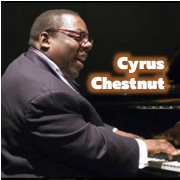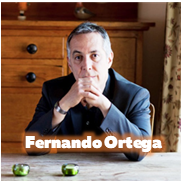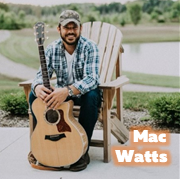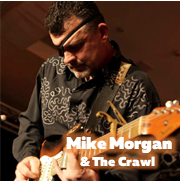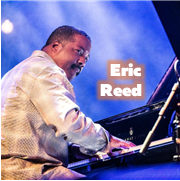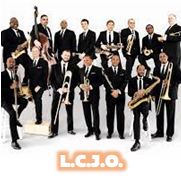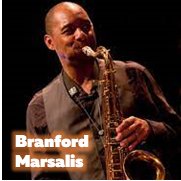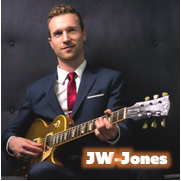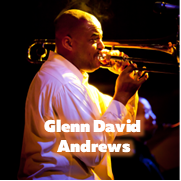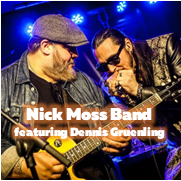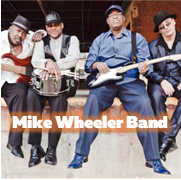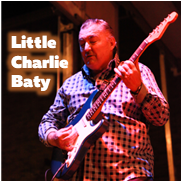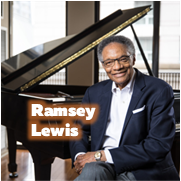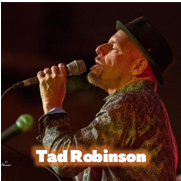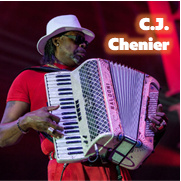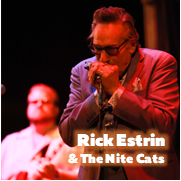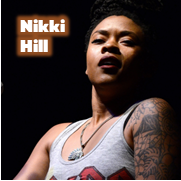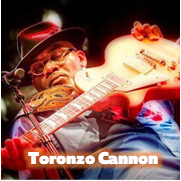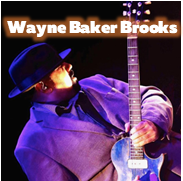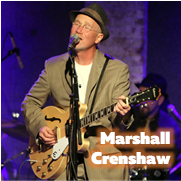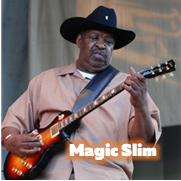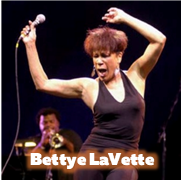The late Detroit bluesman Johnnie Bassett with his Conrad guitar. “This was from a show we did in Cognac, France,” said Chris Codish. “They loved him. We were treated very well that trip.”
Smokin’ fest features tribute to Johnnie Bassett – The Gentleman of the Blues
The Brothers Groove will be joined by Brett Lucas and Keith Kaminski
Since 2006, Brighton’s Smokin’ Jazz & Barbecue Blues Festival has been one of the town’s most popular annual events, and this year’s event will again feature many performers worth noting, including Detroit’s Queen of the Blues, Thornetta Davis, headlining Sept. 6, and the Nick Moss Band (Blues Music Awards 2024 Band of the Year) from Chicago, wrapping up the fest the following night.
But of the four acts from 5-10 p.m. each night in downtown Brighton’s Municipal Lot, there is one sure to get the attention of the local blues community.
On Friday, The Brothers Groove will perform a special tribute to the late great Detroit bluesman Johnnie Bassett -- The Gentleman of the Blues. Those who attended this same festival in 2010 may well remember Bassett’s performance with his stellar backup band – Chris Codish, keys; Keith Kaminski, sax; and Skeeto Valdez, drums.
That was the first year 2 Stones Events began booking the bands for Smokin’. There were nine incredible acts, including the late Magic Slim from Chicago, but it was undoubtedly Johnnie Bassett who stole the show. Less than two years later, he succumbed to cancer at age 76.
Codish, Valdez and bassist James Simonson make up The Brothers Groove trio, who performed together at Smokin’ in 2011, and all three have played the festival with other acts over the years. On Sept. 6, they’ll be followed by the Brett Lucas Band, and then Thornetta Davis.
Lucas now owns one of Bassett’s prized guitars and will play it in the tribute, which will also include Kaminski. The saxophonist is one of four members of the Motor City Horns who toured extensively with Bob Seger.
THE TRIBUTE
Simonson was playing with the Brett Lucas Band for 2 Stones Events’ the Turn Up The AMP! concert series in downtown Brighton in June and suggested doing the tribute. Codish was contacted by 2 Stones about the idea, but it wasn’t an immediate ‘yes’.
“I couldn’t listen to the (Bassett) CDs for some time after Johnnie passed. It was too emotional for me,” explained Codish, who started playing with Bassett around 1993, touring the country and making recordings as The Blues Insurgents. “He was more than just someone I worked with. He was a major influence in my musical development and a good friend. I really didn’t realize what I had lost until he had passed. He was one of a kind.”
Codish had been involved in a tribute to another one of his band leaders, the late guitarist Hiram Bullock (of the house band for the Late Night With David Letterman television show). But, he explained, when the person being honored is no longer alive, capturing that spirit is difficult. And if there are a lot of people playing, it becomes more about each particular participant and not the honoree.
“I didn’t want to do that,” said Codish of the Bassett tribute. “With this group, I feel we are all very in touch with what Johnnie was about musically.”
The five musicians, who are all first-call Detroit players, also happen to be really good friends who were all seriously influenced by Bassett early on in their careers.
“We’re going to do a mixture of some of the classic blues he played as well as some of his originals,” said Codish. “Some signature songs of his. Some great blues. Some fun. Johnnie’s thing was fun. Always a good time – the blues, but it felt good. It’ll be some dynamite music.”
BASSETT’S INFLUENCE
A huge fan of Bill Heid, Codish said he would go anywhere the organist was playing. Heid and Bassett were recording at United Sound, across from Wayne State, where Codish was a student at the time. He went to see the band perform at Honest John’s on Jefferson Avenue.
“Johnnie was dressed in a suit, looked sharp, and played great,” said Codish. “I got to sit in that night. He was just amazing. I would go see them all the time at various places on the east side.”
When Heid left in 1993 for a six-month tour of Japan, Codish was asked to fill in, developing his left-hand bass duties on organ while RJ Spangler chaired the drums and Scott ‘E-Dog’ Peterson played sax. They gigged several nights a week at metro Detroit hotspots like Sully’s and Mahoney’s.
“Blues and jazz -- it was perfect,” said Codish. “Johnnie and I had a good musical chemistry. I learned how to accompany him very well. It took a while, but he was patient with me.”
In 1996, Spangler got the band its first tour in Europe and, while there, they recorded Bassett’s I Gave My Life To The Blues CD, with Codish penning a few songs in the studio.
He went to Europe several times with Bassett, and they connected with legendary musician/composer/producer Ron Levy of Cannonball Records and recorded Cadillac Blues in the same Memphis studio where Al Green laid down many of his hits.
The band toured across the U.S. from 1994-2002, and Codish was also playing with Lucky Peterson and Larry McCray at the time. Bassett started working more again in the mid-2000s and recorded several more records with Codish on keys. Although the group gigged mainly as a quartet – organ, sax, drums and guitar – in the studio, Simonson was recruited on some songs as Codish felt the bass recorded better.
Codish, Simonson and Valdez formed The Brothers Groove in 1999. Valdez, who has been a stalwart of the Detroit music scene for many years, said Bassett is missed terribly. “That gentleman reconnected me with the joy of music by the way he lit up every time we ‘layed in the cut,’ as he would call it,” he explained, “and how totally amazing that was when you see it wash over every crowd we performed for!”
Brett Lucas (by Bob Krause); Chris Codish (Dean Haddad); James Simonson (Bob Krause); Keith Kaminski (Jeff Dunn); and Skeeto Valdez (Ira Paul).
SIMO, BRETT & CONRAD
“Johnnie Bassett was a musical father to a large scene of guys down in Detroit,” said Simonson, “and he was someone we looked up to who we could work with, who could pass the American tradition of the blues culture to us – which is a real special opportunity to learn how to play from the source. It could’ve been John Lee Hooker or B.B. King – Johnnie was totally on that level.”
Simonson relished the opportunity to just be around Bassett, let alone play with him in a band, learning what to play, what not to play, what blues is, what rock is -- and where to draw that line.
“He was able to spell that out for us without a lot of words,” said Simonson. “He wasn’t someone who would yell. He had a gentle kindness. He was a gentleman; he had great style.”
Simonson had just gotten out of college, and a friend hipped him to the Music Menu, a popular live music venue in Greektown. With musicians like Leonard King, The Sun Messengers, George Friend, Rob Tye, Pat Prouty, and Thornetta Davis, it was a “real special scene,” said Simo, “and Johnnie Bassett was the kingpin.”
Simonson said that at the time (late 1990s), he was more of a rock and jazz bassist who didn’t have the Detroit blues feel…yet. But, because there weren’t that many bass players, he wound up playing five nights a week and developed into one of the city’s most well-rounded, respected and in-demand bassists.
Lucas was also first introduced to Bassett via the Music Menu and then picked up a copy of his CD I Gave My Life To The Blues, recorded in the Netherlands with Codish on keys. It quickly became one of the 19-year-old’s favorite records at the time.
“It was one of those records that I spent a lot of time learning on the guitar,” said Lucas. “I’d then go see Johnnie, which was an amazing connection; kind of a rarity nowadays – to be influenced by somebody and then Friday night go out and see him.”
The two became friends while Lucas was gigging as Thornetta Davis’ guitarist, making $40 on Wednesdays at the Music Menu while laying the foundation of his own impressive career in Detroit.
“Johnnie would say, ‘I hear those licks you’re playing!’,” said Lucas, who now owns the very guitar that Bassett used to record the CD he studied.
“He had a few guitars,” said Lucas, “and this – the Conrad – is the one that I mainly saw him play. To me, it always had the mojo, the tone.”
Lucas noted that Bassett had several guitars, including a Heritage with his name engraved on the fretboard and a Gibson that he used on early recordings on the Fortune label. But it was the cheaper Japanese hollowbody with a bolt-on neck that had the vibe.
Part of Bassett’s sound could be attributed to his tuning – open E flat – and use of a capo.
“It makes sense,” said Lucas. “A lot of singers accompanied by piano players use flat keys. Johnnie could think in a very regular way playing in an open tuning; he could play smoothly.”
Lucas never played Bassett’s guitar when he was alive. In fact, he said he never even touched it.
“He wasn’t the kind of guy you’d just go and grab his guitar,” said Lucas. “There’s a respect there.”
Once it became his, however, Lucas said he struggled with what to play on it besides Bassett.
“It was a weird thing for me getting that guitar that I had never experienced before,” said Lucas. “I couldn’t imagine doing anything else with it. I have this guitar. I want to play it, but what do I do with it? I can’t figure out how to do anything else, right? It was a journey; a very eye-opening experience. I’ve never had that before. If I happened to have B.B. King’s guitar, would I have a hard time learning how to play it?”
He does use the Conrad with flatwound strings on most of his jazz gigs, including those at the London Chophouse and trio hits backing vocalist Ben Sharkey, but he’ll be putting roundwounds back on it.
Lucas said the songlist for the special tribute will go out to the players, and they’ll all “pay severe attention to it.” Codish will guide the emotion of the event and Lucas’ job will be to honor Bassett’s guitar playing in what will be a full-circle for him – first grappling with playing anything other than his mentor’s style on the Conrad, and then finding his own voice on it, and now back to honoring Bassett.
“He had a real flow about his playing, a smoothness,” said Lucas. “Having that guitar and hearing the tonality of it, it’s going to be what it’s going to be. I have to be able to improvise things and have my own voice, yet in his kind of approach.”
Lucas thinks this Bassett tribute may be the first of several – and they’re long overdue.
“Johnnie is a name that you hope is not forgotten,” he said. “People randomly post things on Facebook. They miss him and what he was for the city. Maybe he was really under-appreciated. It’s Detroit. Having a guy like that in town at a local festival, it made the city…it was a connection from the past to the future. You can’t find that almost anywhere anymore. To me, there’s B.B. King down the street. What an honor.”
Johnnie, Simo, Skeeto, Keith and Chris at the Fox 2 Studio.
JOHNNIE BASSETT DISCOGRAPHY
Live at the Montreux-Detroit Jazz Festival (1994)
I Gave My Life to the Blues (1997), Black Magic
Bassett Hound (1997), Fedora Records
Cadillac Blues (1998), Cannonball Records
Party My Blues Away (1999), Cannonball Records
The Gentleman Is Back (2009), Mack Avenue Records
I Can Make That Happen (2012), Sly Dog Records
To learn more about Bassett, check out these articles in The Washington Post and Wikipedia.
For more information on the 2024 Brighton Smokin’ Jazz & Barbecue Blues Festival, please click HERE.
